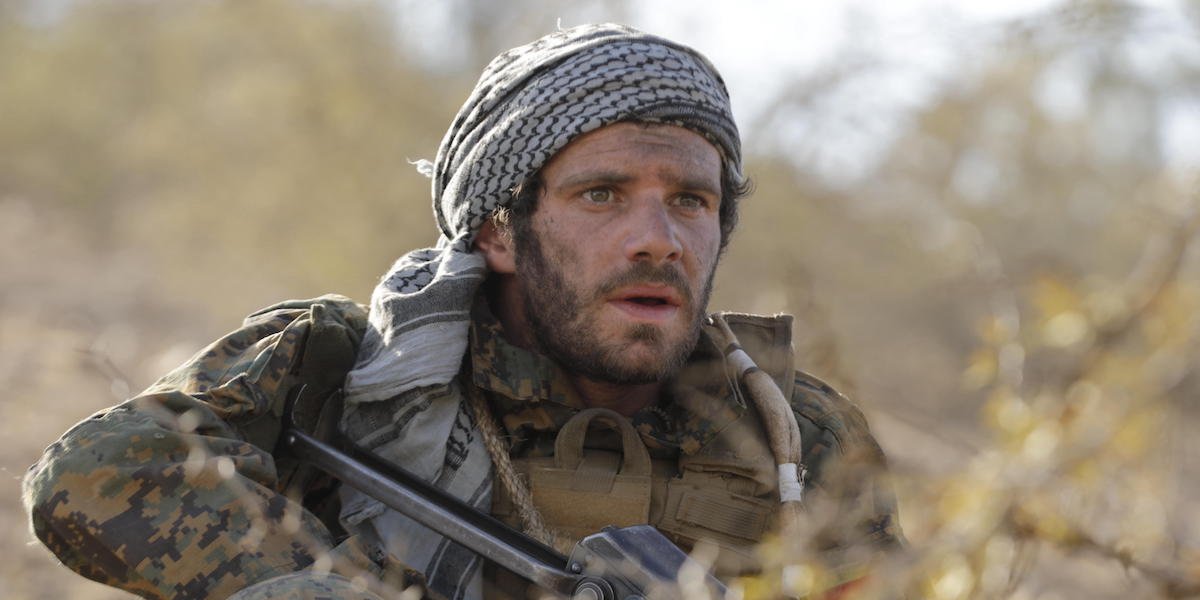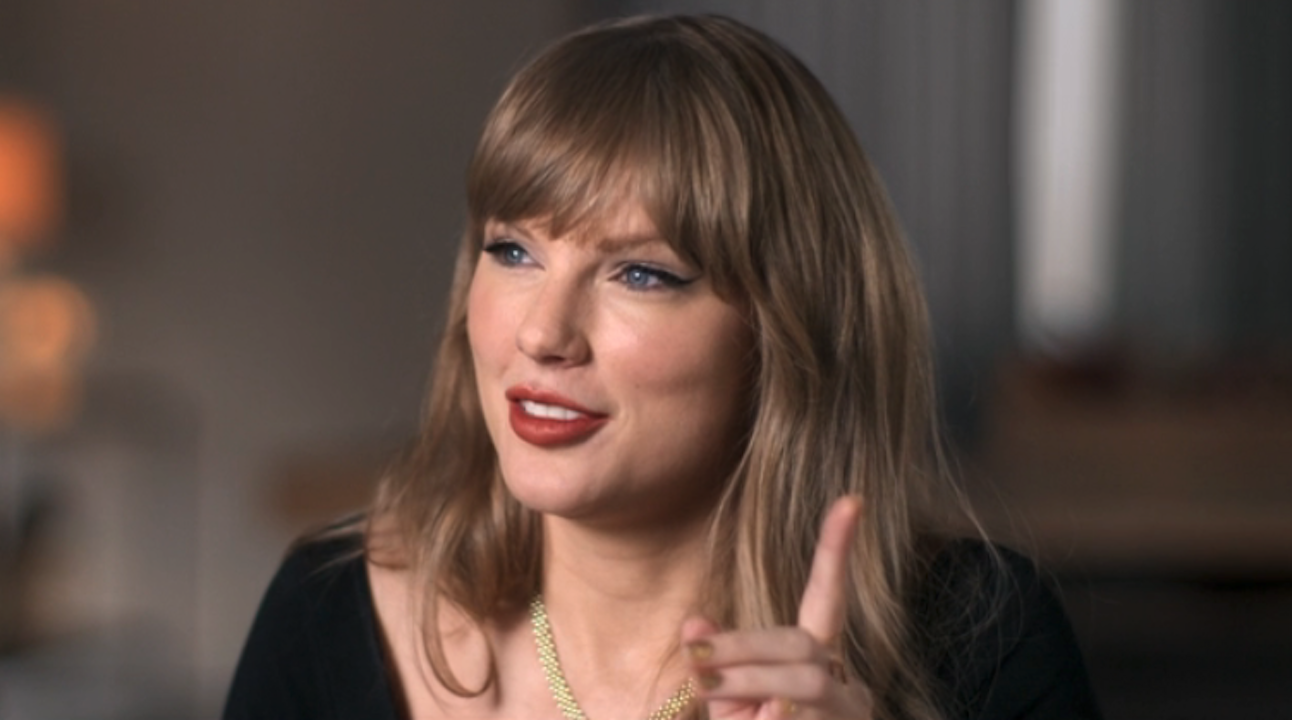Why Hulu’s No Man’s Land Creators Chose Not To Dub The Series In English

Your Daily Blend of Entertainment News
You are now subscribed
Your newsletter sign-up was successful
Hulu original No Man’s Land is a gripping war-drama series that follows Antoine (Félix Moati), a young French man, who dives into the depths of the Syrian civil war in search for his estranged, presumed to be dead sister. Almost every character on the show is multi-lingual and across characters about five languages are spoken, which may sound hard to follow but it surprisingly is not at all. No Man’s Land creators Amit Cohen and Ron Leshem shared in an interview with CinemaBlend why they chose not to dub the series in English.
For whatever reason, many people view reading subtitles as a hindrance to a TV show or movie. Some won’t even give it a chance without the option to have it dubbed in their native language, so this was a bold move for No Man’s Land. The creators were aware of this challenge, but their priority was authenticity. In the words of Amit Cohen:
The language is part of the characters. There are five different languages and it's part of the fact that No Man's Land is, in a sense, it's the first totally global production that we know of because there are filmmakers from 10 different countries doing the show and casts from almost 10 different countries in five different languages and six different dialects for one language. It's insane. And then Hulu decided not to dub it and to trust the audience to be able to be invested in a show that is totally globalized and cosmopolitan, while what we did at HBO Max’s Valley of Tears, we have both of the options that you can choose either a watch it dubbed or to watch it in the original language. When the characters move from the Hebrew to Moroccan to Arabic, how do you reflect that in the dubbing process? Which, in No Man's Land, when you speak five languages, it makes it almost impossible to dub because then you are losing the nuances of switching between languages.
Six different dialects for one language and five languages, total? That does sound impossible to dub. The characters switching between languages is something I barely noticed in the first couple of episodes, since I only speak English and the unfamiliar languages sounded similar to me. But once I picked up that they were doing that, it made the show so much more interesting because I was fascinated by the amount of work that the writers and actors had to put into this. Ron Leshem added:
We both speak Arabic. We speak Hebrew, we speak English, and sometimes we are used to being divided to creating shows in places we don't speak the language. But in No Man's Land, it's our natural habitat because these are languages we were used to from the moment we were born, this is our region. So it was more natural for us. At the same time, we did want to be completely accurate, so while working both in the writing process and on set, you will have six different dialect cultures for the cast.
So from the filmmaking perspective, they’re often thrown into an environment where they don’t speak the language and this was a chance for them to bring the audience into their world. Working with actors from all over the world as well, and knowing that some audiences will know some of the languages spoken, others will know all, and others will know none, the care that went into the authenticity of the pronunciation is unmatched.
When I got the chance to speak with Amit Cohen and Ron Leshem, I was curious about what they thought was driving the aversion to sub-titles. Cohen revealed that having two screens at the same time is a challenge, and it seems like that really hits the nail on the head. In this digital age, we’re so used to multitasking and scrolling through social media while we watch a show. This is a huge part of why I prefer to see films in the theater, and why I love that No Man’s Land wasn’t dubbed because it required me to put my phone down and pay attention, and I was rewarded with this really beautiful story. Here’s what Amit Cohen shared about the story and characters:
More than language it’s about character. Our shows are in places where it feels realistic and authentic. And sometimes it's confusing because when you see a show like No Man’s Land and it feels like, this is something that we need to give credit to the director because it feels almost like a documentary, but at the end it's fiction, it's drama. And drama always relies on characters and their emotional journeys, evolution and development. So we always start with characters and we choose the right character for the story. If the character is British, this will be the language. If the character is Arabic or English or French, we will not change the character just for sake of language to make it easier. This is how we write, because we want to, we want it to feel realistic at the same time, we do want the conflict in one of the characters to feel relatable for everyone, regardless of their language. If your characters are defined, the language is not a barrier.
I love the honesty, and it seems like much would have been lost had this show been dubbed. No Man’s Land is relatable because even though it’s a war series, it starts with an ordinary man who gets thrown into the war zone. The audience gets to take this journey with him, evaluating whether they would make the same decisions he does with a family back home but also a new family being created in this new world.
No Man’s Land is emotional, at times terrifying, but always raw and real. The first season is available on Hulu. Ron Leshem and Amit Cohen’s other war series Valley of Tears is available on HBO Max. Also consider checking out these international films.
Your Daily Blend of Entertainment News
Obsessed with Hamilton and most things Disney. Gets too attached to TV show characters. Loves a good thriller, but will only tolerate so much blood.

